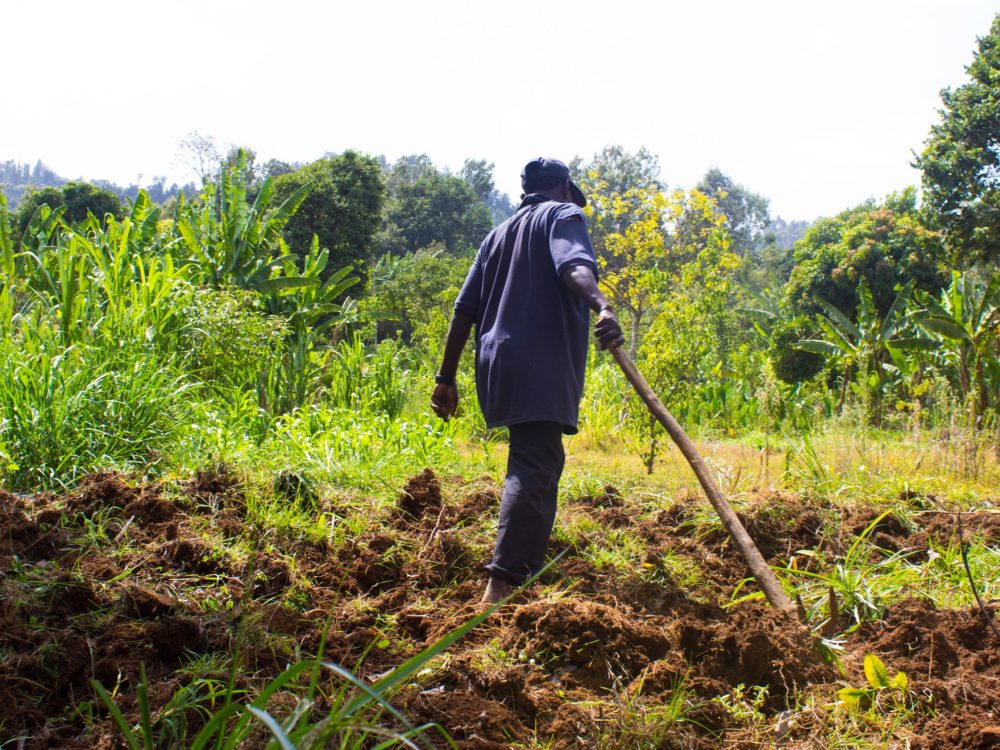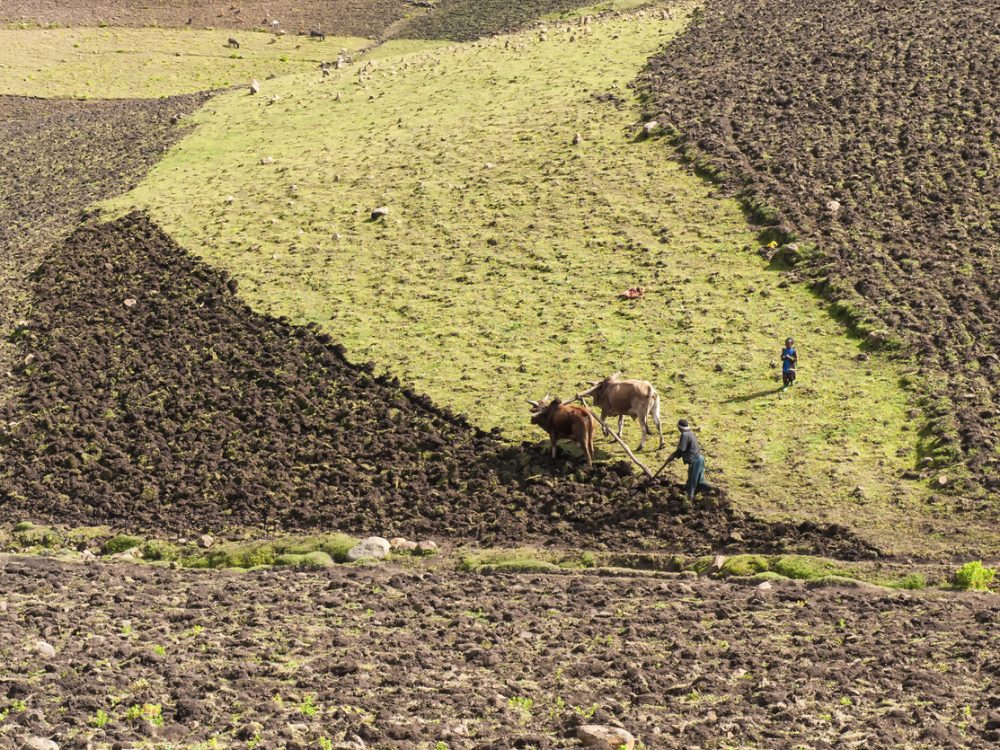Talking Agriculture Data Interoperability at ICTforAg 2018
Recently, we shared a post on how we’re driving progress towards inclusive agriculture data use by strengthening agriculture data interoperability through FHI360’s Mobile Solutions Technical Assistance and Research (mSTAR) project. If you’re interested in finding out more, join us on June 14th at the 2018 ICTforAg conference in Washington, D.C. We’re looking forward to connecting with you and with other thought leaders powering ICT solutions for smallholder farmers and rural communities.
At the conference, we’ll be sharing recent innovations in the agriculture space, including a lightning talk about insights gained from mSTAR. How can we tackle the challenge of data sharing, accessibility, and use in Cambodia and Nepal? What do Feed the Future data producers and users need, and which data structure and storage solutions could address those needs?
Additionally, we will also provide one-on-one demonstrations at our Demo Table. If you’re joining the community of 300+ in the agriculture, technology, and international development space at ICTforAg, here’s where you’ll find us on the conference agenda:
Lightning Talk: Can Nepal and Cambodia Really Have Common Ag Data Standards?
We’ll zero in on how two very different countries are working towards data interoperability standards, sharing common agriculture data structures, and utilizing existing data storage tools for Feed the Future reporting. (10:00 – 10:30 AM)
Vendor Demonstration Tables
Stop by for a chat with us about mSTAR, our Results Data Initiative work in improving agriculture data use in Malawi, our Gates-funded scoping study on a Fertilizer Dashboard Program for Africa, and work on the Initiative for Open Ag Funding (OpenAg). Our Demo Table will be located in the conference break area, and will be accessible all day long. You can even stop by during the Happy Hour reception in the evening. (All day long!)
Conference Reception & Hands-On Demos
Join over 300 of your peers in agriculture, technology, and development at a very special reception. We will be celebrating ICTforAg with hands-on demos of cool technology, drink in hand. If you’ve been busy with breakout sessions and haven’t done so earlier in the day, stop by the DG demo table during the reception! (5:30 – 7:00 PM)
Looking forward to seeing you there!
Unable to attend ICTforAg 2018? Follow along on Twitter with @DGateway and #ICTforAg to keep up with the action. Or if you have any questions on the session and would like to receive more information or products, please email mSTAR_Project@fhi360.org.
Share This Post
Related from our library

Reflecting on 3 Years of Digital Advisory Support for Agricultural Transformation
As the DAS program concludes, this blog reflects on its impact in advancing digital transformation in agriculture, highlighting lessons on capacity building, knowledge transfer, and sustaining resilient food systems.

The Future of Food Systems: Spotlight on Ethiopia
When we discuss food systems, we are not just talking about farms; we are referring to the entire food supply chain. We are talking about how people eat, live, and navigate an increasingly volatile climate. This blog post analyzes Ethiopia's national food systems strategy as an example of where UNFSS can go next in strengthening food security globally.

Building a Sustainable Cashew Sector in West Africa Through Data and Collaboration
Cashew-IN project came to an end in August 2024 after four years of working with government agencies, producers, traders, processors, and development partners in the five implementing countries to co-create an online tool aimed to inform, support, promote, and strengthen Africa’s cashew industry. This blog outlines some of the key project highlights, including some of the challenges we faced, lessons learned, success stories, and identified opportunities for a more competitive cashew sector in West Africa.